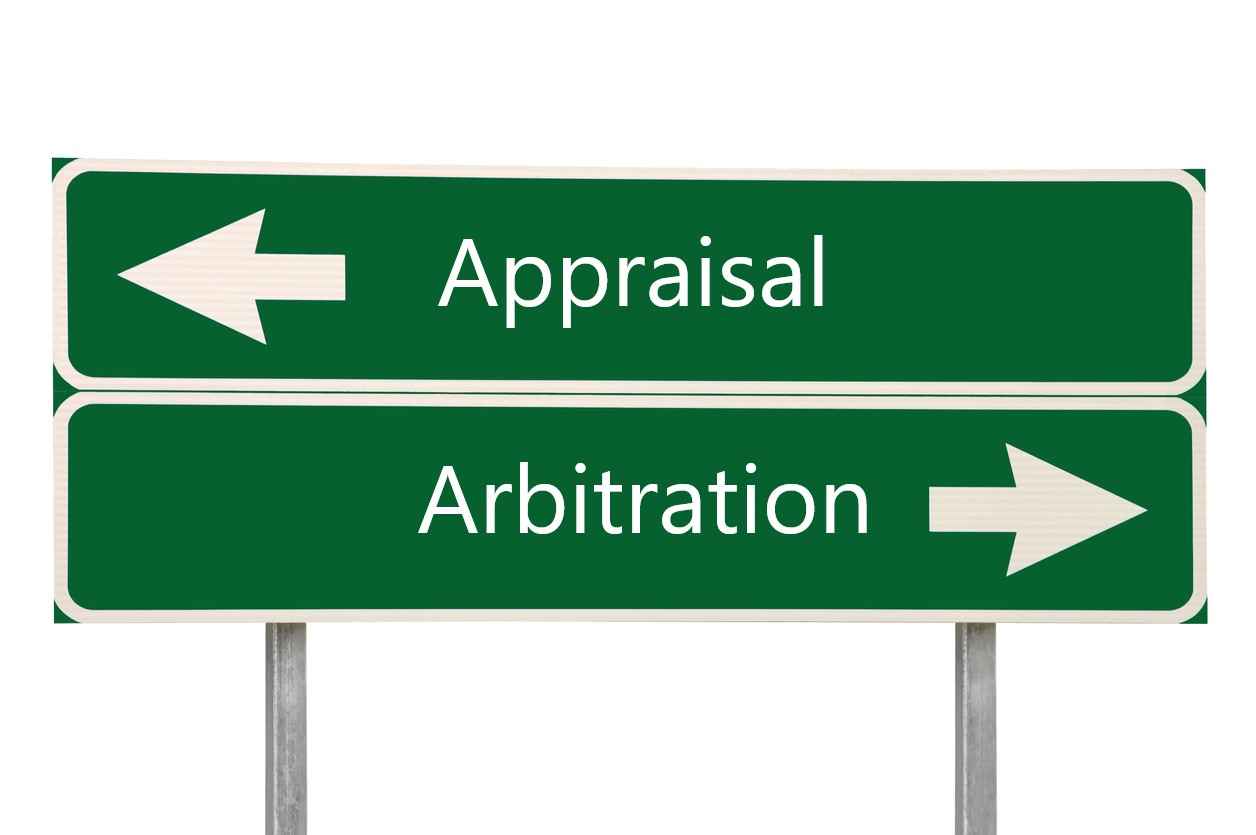How can a policyholder report a loss that the policyholder does not know of? Do any property insurance policies require the policyholder to inspect the insured property on a daily or routine basis, looking for evidence of a loss? Do any property insurance executives climb on their own roofs and look for damage following a thunderstorm or hailstorm?
Yet, the insurance company claims executives will deny claims after a loss and have their insurance company attorneys argue to judges that policyholders have a duty to report losses—even if they do not know of the loss. How can a policyholder do that?
This was the situation in a case decided this week1 where a policyholder notified the carrier once the policyholder knew of the loss. The structure was leased, and the policyholder did not know of or find the loss until the tenant left the structure.
Here is the court’s analysis:
Castro contends that the trial court erred in determining that, as a matter of law, providing notice to Citizens more than two years after the loss could not constitute prompt notice. Castro posits that the relevant focus should have been on when Castro became aware of the loss and whether her actions were reasonable in light of that awareness. Castro argues that because she provided an affidavit explaining the delay in reporting the loss, and establishing that she reported it promptly upon discovering it, there remains a genuine issue whether she complied with her duty under the policy to promptly report the loss.
…
It is undisputed that Castro did not provide notice of the loss until nearly two-and-a-half years after Hurricane Irma.
The court noted the relevant policy language:
In case of a loss to covered property, we have no duty to provide coverage under this Policy if the failure to comply with the following duties is prejudicial to us. These duties must be performed either by you, an insured seeking coverage, or a representative of either:
1. Give prompt notice to us or your insurance agent.
The court then explained the law under Florida precedent if notice is late:
[T]he word ‘prompt,’ in terms of notice, ‘is synonymous with ‘forthwith,’ ‘immediate,’ and ‘as soon as practicable.’ Stated differently, to satisfy the obligation to provide prompt notice, such ‘notice should be provided ‘with reasonable dispatch and within a reasonable time in view of all the facts and circumstances of the particular case.’ The obligation to provide notice arises ‘when there has been an occurrence that should lead a reasonable and prudent man to believe that a claim for damages would arise’ ’ ….Whether notice was provided in a prompt manner is ordinarily a question for the factfinder…but ‘if the undisputed evidence will not support a finding that the insured gave notice to the insurer as soon as practicable, then a finding that notice was timely given is unsupportable.’…Our decision in Navarro—also arising out of a Hurricane Irma claim– is instructive. In Navarro, the insured filed suit against Citizens for breach of contract, asserting the home in which he was living was damaged by Hurricane Irma on September 10, 2017. Citizens denied the claim because, inter alia, Navarro did not provide notice of the loss until May 5, 2020. The trial court granted summary judgment in favor of Citizens, upon a determination that the insured’s notice to the insurer was not prompt, raising a presumption of prejudice which Navarro failed to rebut. We affirmed, noting the insured’s own deposition testimony in which Navarro acknowledged that he noticed leaks throughout his residence the day after Irma struck; he observed roof leaks in his house and attempted to make repairs approximately a month after the hurricane; he made even more roof repairs, including replacing roof tiles, the following year; but waited more than two and a half years to report the claim. Navarro conceded that ‘his only explanation for failing to report the damages to Citizens was a lack of fluency with the terms of the policy.’ We affirmed the final summary judgment, holding there was no genuine issue of fact in dispute whether Navarro acted ‘with reasonable dispatch and within a reasonable time.’…
In Laquer….this court held that despite a nearly three-year delay in providing notice to Citizens, ‘issues of fact exist[ed] concerning when a reasonable and prudent person would believe that a potential claim for damages might exist,’ precluding summary judgment. Specifically, the evidence established that ‘damage to Laquer’s unit or the interior of the wall was not apparent until several years after Hurricane Wilma: no one, including Laquer, her tenant, her housekeeper, and the condominium manager and his agents who regularly visited Laquer’s unit, was able to observe any damage to the wood flooring or walls of the unit prior to [the notice date] or was otherwise put on notice to further inspect for damage.’….The Laquer court did note, however, that the date the insured discovered the full extent of the damage was not necessarily the triggering date either.
Under this law, the Florida courts seem to look for a prudent person standard about when a policyholder would know that a potential claim for damages might exist.
Based on that legal view, the appellate court reversed the trial court and held for the policyholder, making the following conclusion:
In this case, the damage to Castro’s property is alleged to have been caused in September 2017, but was not reported until February 2020. This passage of time was explained by Castro, who averred that the property was occupied by a tenant during that time period, that the tenant never advised Castro of any damage, and that Castro herself was unaware of any damage to her property until the tenant moved out of the property in February 2020. Castro provided Citizens with notice of the loss less than three weeks after becoming aware of damage to her property. Given the evidence submitted by Castro in opposition to the motion for summary judgment, and in view of all the facts and circumstances of the particular case, a genuine issue of disputed fact remains as to whether Castro gave prompt notice of the loss….
The jury will have to make that determination.
Thought For The Day
There’s a difference between beauty and charm. A beautiful woman is one I notice. A charming woman is one who notices me.
—John Erskine
1 Castro v. Citizens Prop. Ins. Corp., No. 3D21-1847 (Fla. 3d DCA June 21, 2023).




